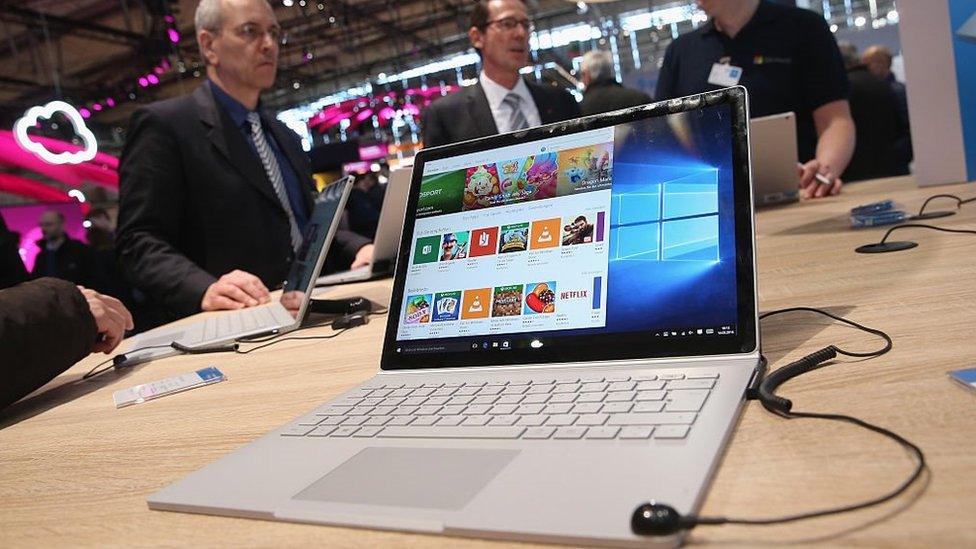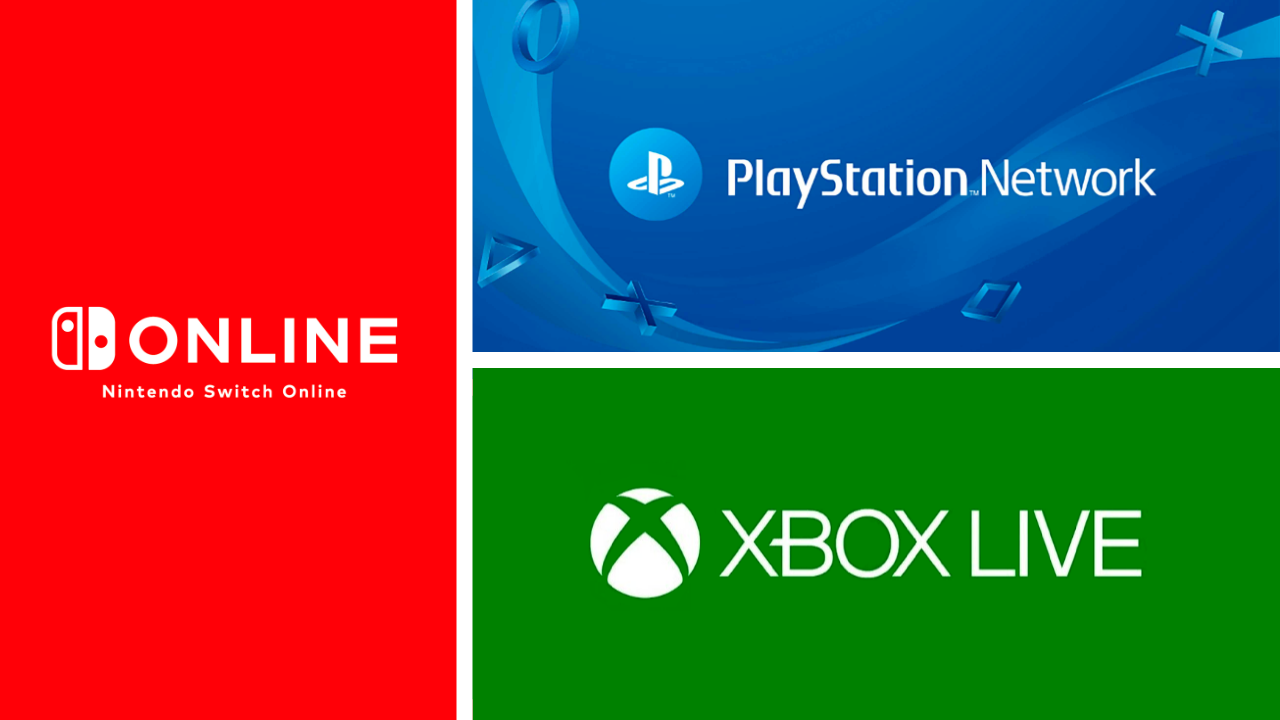The day the e-books stopped working
- Published

Microsoft will continue to sell games, apps and movies but not e-books
Consumers who bought ebooks via Microsoft's online store are losing access to their libraries.
The service, which launched in 2017, relied on the use of a web browser rather than a dedicated app and failed to build a significant audience.
Titles purchased or offered for free will no longer be available.
Out-of-pocket users are, however, being offered refunds including a $25 (£20) credit if they made highlights or notes, which will also be lost.
Outside source
Microsoft first warned customers of its move in April, external after giving up on its ambition of making its Surface computers a popular choice for reading digital novels and textbooks.
This marks the third time the company has pulled out of the market.
Although Amazon now dominates the industry with its Kindle platform, Microsoft actually pre-dated its rival by about seven years.
The MSReader format launched in 2000 as part of an alliance with the retailer Barnes and Noble. But along with rival efforts by Palm and the French firm Mobipocket, there was little interest.
It then tried to get back into the market again in 2012 as part of a second tie-up with B&N. However, that too struggled and the partnership came to an end in 2014.
Although many readers will not have even realised Microsoft had made a third run at the industry, experts say the cut-off serves as a reminder that you do not actually own a copy of most digital purchases outright but rather have purchased a licence that can expire.
"The fact is that you don't own e-books when you buy them with DRM [digital rights management] from Amazon or anywhere else," commented Jim Killock, executive director of the Open Rights Group.
"Technical controls through DRM are said to reduce unauthorised copying, but what they are really for is putting Amazon or Microsoft in charge of the e-book ecosystem."
An organisation called Defective by Design, however, maintains a list of ways to buy or otherwise legally download content, external that is not bound by such restrictions.
Allow X content?
This article contains content provided by X. We ask for your permission before anything is loaded, as they may be using cookies and other technologies. You may want to read X’s cookie policy, external and privacy policy, external before accepting. To view this content choose ‘accept and continue’.
Allow X content?
This article contains content provided by X. We ask for your permission before anything is loaded, as they may be using cookies and other technologies. You may want to read X’s cookie policy, external and privacy policy, external before accepting. To view this content choose ‘accept and continue’.
Allow X content?
This article contains content provided by X. We ask for your permission before anything is loaded, as they may be using cookies and other technologies. You may want to read X’s cookie policy, external and privacy policy, external before accepting. To view this content choose ‘accept and continue’.
- Published16 June 2019

- Published30 May 2019

- Published5 April 2019
